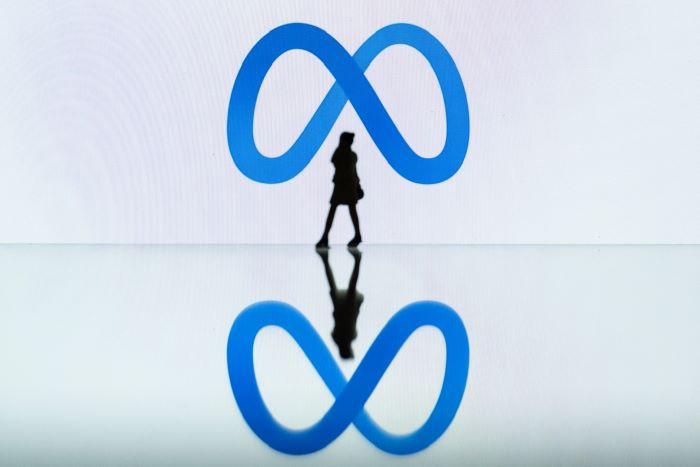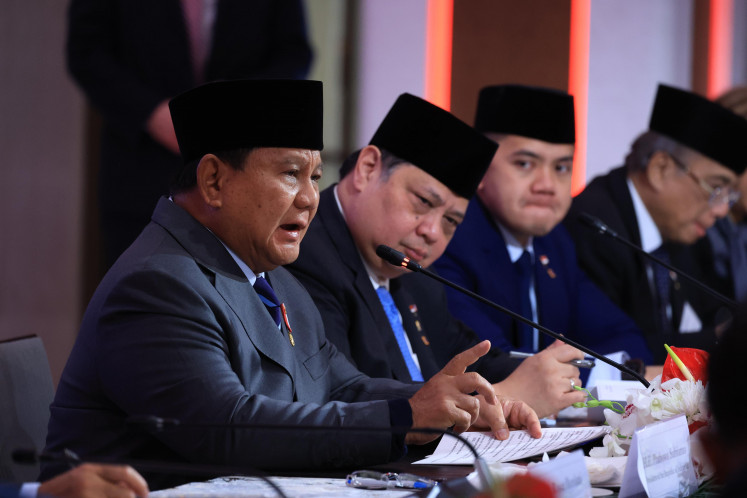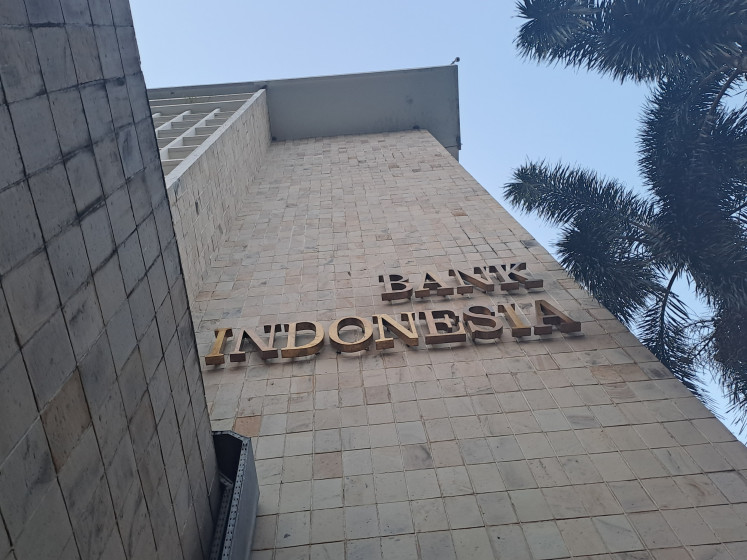Popular Reads
Top Results
Can't find what you're looking for?
View all search resultsPopular Reads
Top Results
Can't find what you're looking for?
View all search resultsMeta defeats antitrust case over Instagram, WhatsApp acquisitions
The ruling gives Big Tech its first decisive win against the antitrust crackdown started in President Donald Trump's first term and is a major setback for the US Federal Trade Commission.
Change text size
Gift Premium Articles
to Anyone
F
acebook parent company Meta Platforms defeated a US attempt to unwind its acquisitions of Instagram and WhatsApp on Tuesday when a federal judge ruled the company does not hold a social media monopoly.
The ruling gives Big Tech its first decisive win against the antitrust crackdown started in President Donald Trump's first term and is a major setback for the US Federal Trade Commission, which is pursuing a separate antitrust case against Amazon.com. The agency sought to force Meta to restructure or sell Instagram and WhatsApp to restore competition, saying the company spent billions of dollars on the acquisitions to eliminate nascent competitors.
Meta shares pared losses after the news, and were down just 0.3 percent at $599.95 in late afternoon trading.
"Our products are beneficial for people and businesses and exemplify American innovation and economic growth," a Meta spokesperson said. "We look forward to continuing to partner with the Administration and to invest in America."
“We are deeply disappointed in this decision," said FTC spokesperson Joe Simonson, adding, "we are reviewing all our options."
Facebook bought Instagram in 2012 and WhatsApp in 2014. The FTC did not seek to block the deals at the time, but sued in 2020 alleging that Meta, then known as Facebook, held a monopoly on US platforms used to share content with friends and family.
The agency argued Meta's main competitors in that market were Snap's Snapchat and MeWe, a tiny privacy-focused social media app launched in 2016, and distinguished platforms where users broadcast content to strangers based on shared interests, such as X, TikTok, YouTube and Reddit.
At a trial in April, the FTC pointed to Facebook's statements about the deals, including a 2008 email in which CEO Mark Zuckerberg said "it is better to buy than compete."
Meta argued the FTC had ignored competitive pressure from ByteDance's TikTok, Google's YouTube and Apple's messaging app, among others. It also defended its acquisitions, saying buying companies that excel in new features instead of building competitor products was a valid business strategy.
US District Judge James Boasberg in Washington largely agreed with Meta that social media has shifted since the days when Facebook was used mostly for personal status updates.
"The landscape that existed only five years ago when the Federal Trade Commission brought this antitrust suit has changed markedly," Boasberg said, citing evidence at trial that showed users substituted YouTube and TikTok for Meta's apps and vice-versa during outages.
TikTok was such a competitive threat that it forced Meta to spend $4 billion last year on Reels, its short video-sharing feature, the judge noted.
Boasberg said the FTC had incorrectly excluded YouTube and TikTok from the market where it challenged Meta's dominance. "Even if YouTube is out, including TikTok alone defeats the FTC’s case," the judge said.
"The deck was always stacked against us with Judge Boasberg, who is currently facing articles of impeachment," the FTC's Simonson said on Tuesday.
Boasberg, the chief federal judge in Washington, has handled several high-profile cases against the Trump administration. Trump earlier this year called for Boasberg's impeachment, prompting a rare rebuke from US Chief Justice John Roberts. Some Republican lawmakers in the US House of Representatives have also called for Boasberg's impeachment.
The Meta case is part of a larger antitrust crackdown on Big Tech in the US, which also includes claims by the Department of Justice against Alphabet's Google and a case against Apple.











